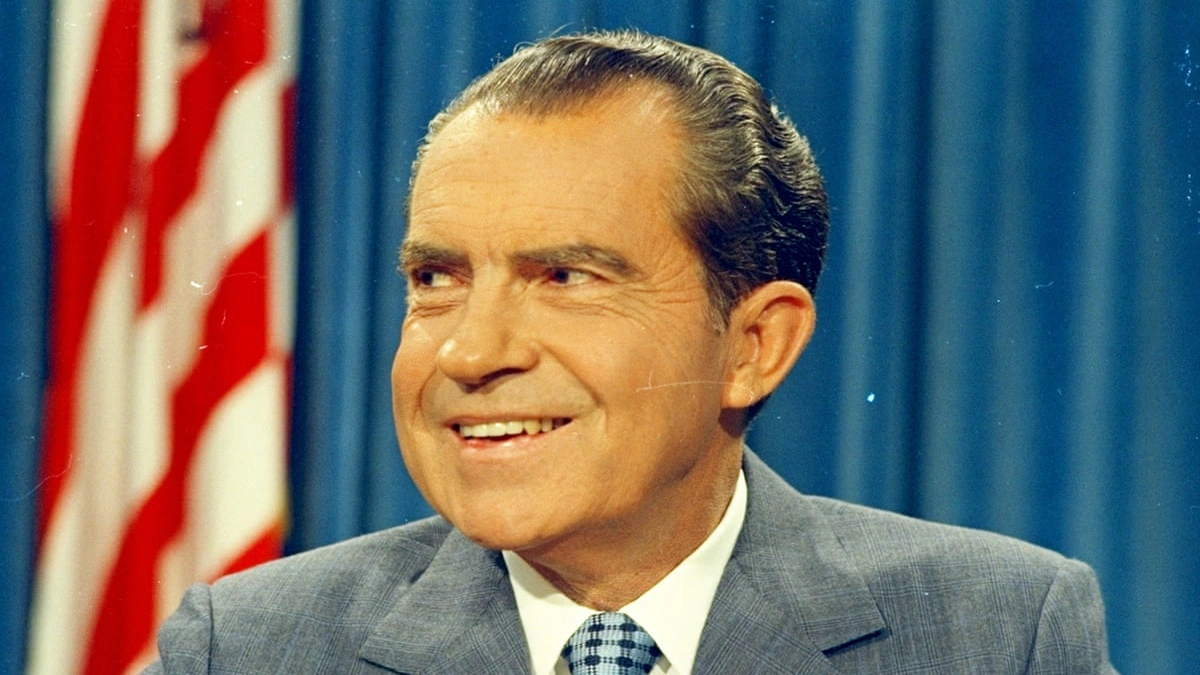Richard Nixon. The name alone conjures images of scandal, secret tapes, and a dramatic resignation. But, let’s be honest, there’s so much more to the 37th President than just Watergate. What fascinates me is how deeply contradictory his presidency was – a mix of groundbreaking achievements and devastating failures. He was a man of immense ambition and profound insecurity, and understanding that tension is key to understanding his place in history. So, let’s dive in.
Nixon’s Domestic Policy | A Surprisingly Progressive Side?

When you think of Nixon, “progressive” probably isn’t the first word that comes to mind. But here’s the thing: his domestic policy was surprisingly forward-thinking in some areas. He created the Environmental Protection Agency (EPA) – yes, Richard Nixon gave us the EPA! He also signed the Clean Air Act, landmark legislation that continues to protect our environment today. He also expanded Social Security and Medicare, further solidifying the social safety net.
But, and this is a big but, it’s crucial to view these actions in their historical context. The late 1960s and early 1970s were a time of immense social and political upheaval. The Civil Rights Movement was gaining momentum, and there was increasing pressure on the government to address issues like pollution and poverty. Nixon, ever the pragmatist, recognized these shifts and adapted accordingly. He also knew these policies could broaden his appeal beyond his conservative base. So, was it purely altruistic? Probably not. But did it make a real difference? Absolutely.
Foreign Policy Triumphs | Détente and China
Here’s where Nixon’s brilliance truly shone. His foreign policy achievements were nothing short of transformative. Let’s talk about détente , his strategy of easing tensions with the Soviet Union. It was a bold move, considering the Cold War was still very much underway. He negotiated arms control treaties like the Strategic Arms Limitation Treaty (SALT I), reducing the threat of nuclear war. It was a dangerous game, but he played it masterfully, opening lines of communication and fostering a period of relative stability.
And then there’s China. Nixon’s 1972 visit to China was a game-changer. For over two decades, the United States had refused to recognize the communist government in Beijing. But Nixon, ever the iconoclast, saw an opportunity to exploit the growing rift between China and the Soviet Union. The trip was a media sensation, and it paved the way for normalized relations between the two countries. What fascinates me is how carefully orchestrated this whole thing was. It changed the geopolitical landscape. This opening to China was a crucial step in containing Soviet influence and ultimately contributing to the end of the Cold War. You can read more about the Nixon administration ‘s engagement with China here .
The Shadow of Watergate | Betrayal of Trust
Of course, we can’t talk about Nixon without addressing Watergate . The break-in at the Democratic National Committee headquarters, the cover-up, the tapes – it all adds up to a profound betrayal of public trust. It’s a stain on his legacy, and frankly, on the entire American political system. Initially, I thought it was just a botched burglary. But the more I dug into it, the more I realized how deeply ingrained the culture of secrecy and paranoia was within the Nixon White House.
The Watergate scandal wasn’t just about a break-in; it was about abuse of power, obstruction of justice, and a fundamental disregard for the rule of law. It led to numerous indictments, convictions, and ultimately, Nixon’s resignation in 1974. It shook the nation to its core and fueled a deep cynicism about government that persists to this day. It also exposed a dark side of American politics, and made us question what we thought we knew. The question still lingers: how much did Nixon actually know, and when did he know it?
Nixon’s Lasting Impact | A Complex Legacy
So, what’s the takeaway here? Richard Nixon was a complex and contradictory figure. He was a brilliant strategist, a master negotiator, and a shrewd politician. But he was also deeply flawed, prone to paranoia, and ultimately undone by his own hubris. His presidency was a mix of triumph and tragedy, and his legacy continues to be debated and reinterpreted. When considering Nixon’s legacy , it’s vital to remember that historical figures are rarely simple heroes or villains.
What fascinates me most is how relevant his story remains today. In an age of political polarization and increasing distrust of government, the lessons of Nixon’s presidency – both the good and the bad – are more important than ever. How can we ensure that power is used responsibly? How can we hold our leaders accountable? These are questions that Nixon’s story forces us to confront. But if you really want to dive in and understand the Nixon presidency , you have to go back to the beginning. Understand his background, and the driving forces that molded him into the leader he became.
FAQ About Richard Nixon
What was Nixon’s most significant accomplishment?
Many would argue it was opening relations with China, which dramatically shifted the global political landscape.
What was the Watergate scandal?
It was a major political scandal involving a break-in at the Democratic National Committee headquarters and the subsequent cover-up by the Nixon administration.
Why did Nixon resign?
He resigned to avoid impeachment after the Watergate scandal revealed his involvement in the cover-up.
What is détente?
It was Nixon’s policy of easing tensions with the Soviet Union during the Cold War.
Was Nixon a Republican or a Democrat?
Nixon was a Republican. He served as president from 1969 to 1974.
What were the Nixon Tapes?
The Nixon tapes were secret recordings of President Nixon’s conversations in the Oval Office. They played a crucial role in exposing the Watergate scandal.




